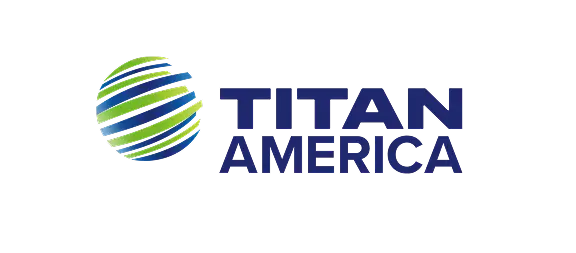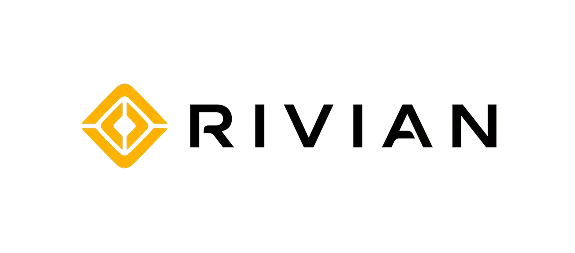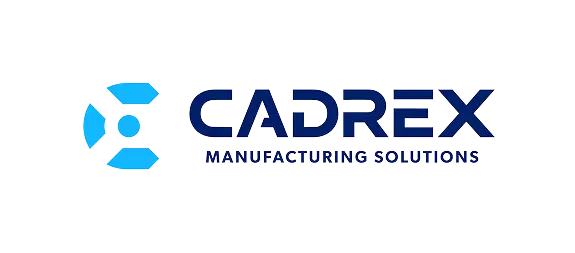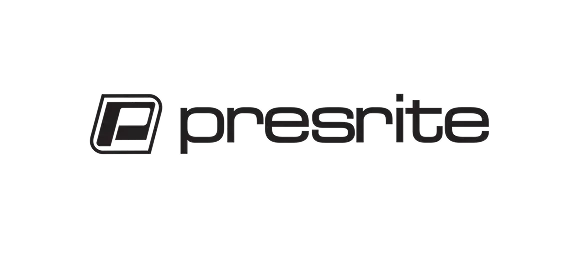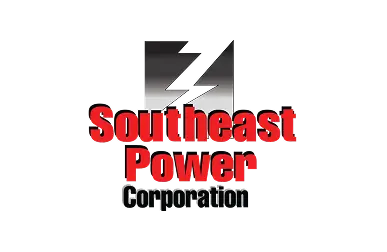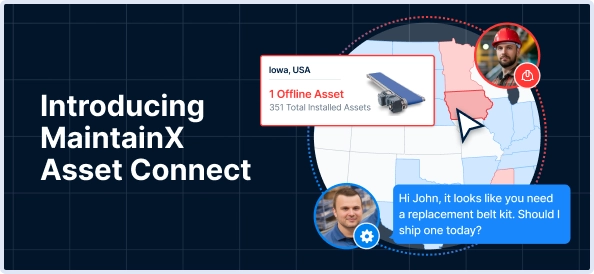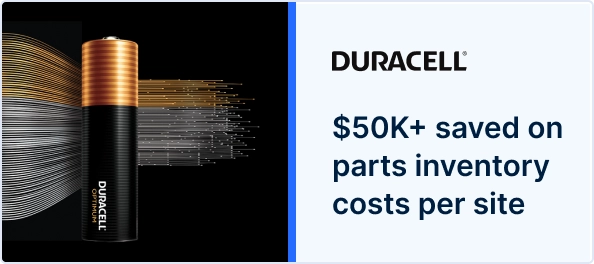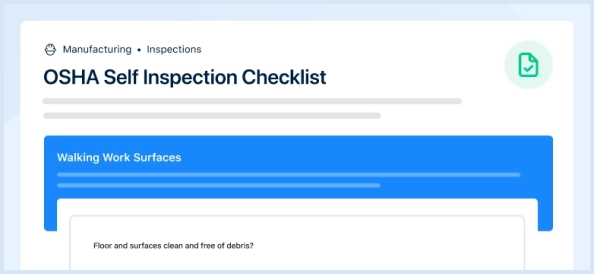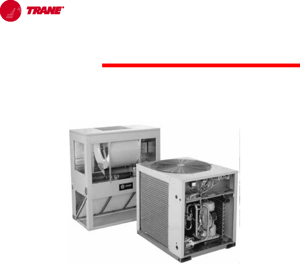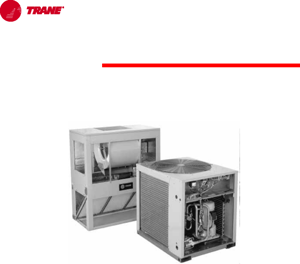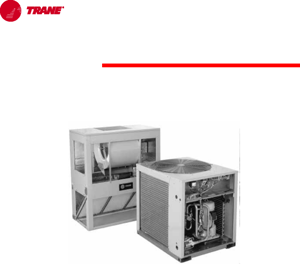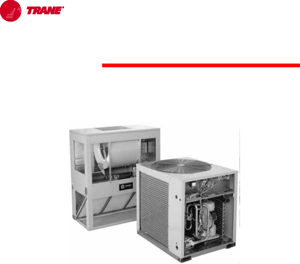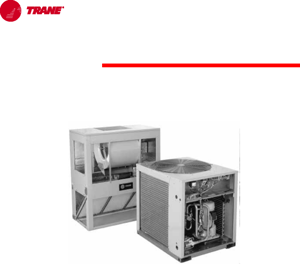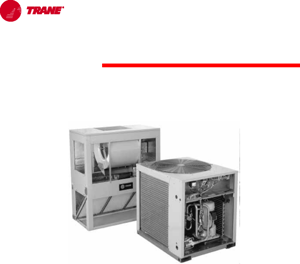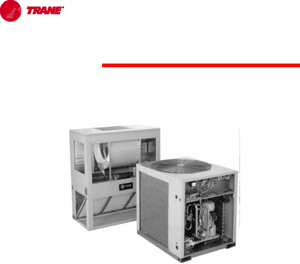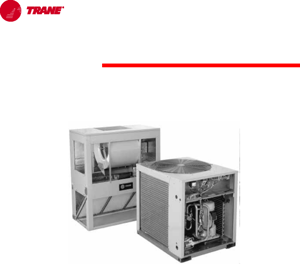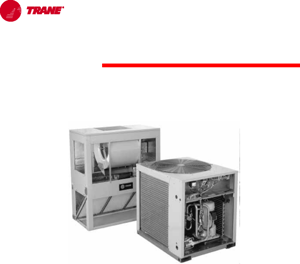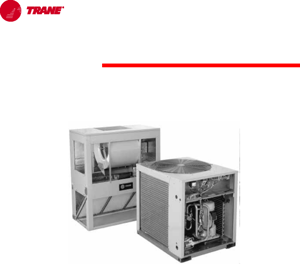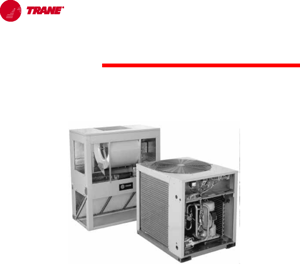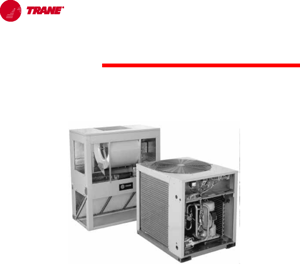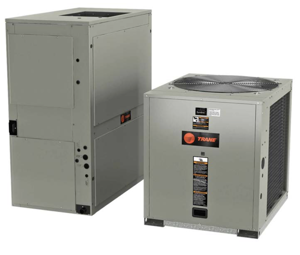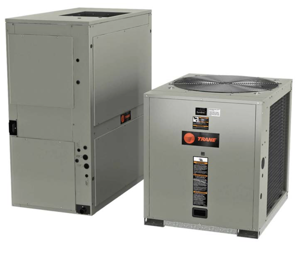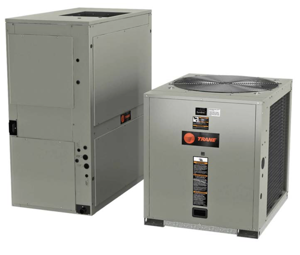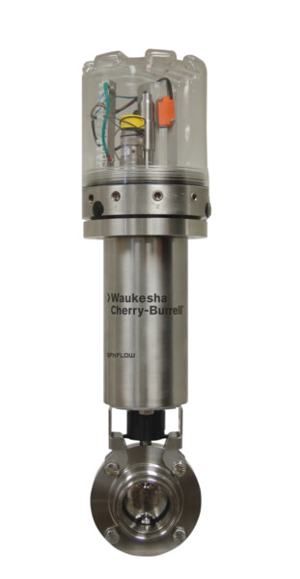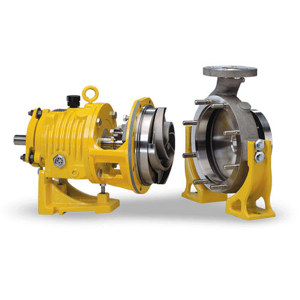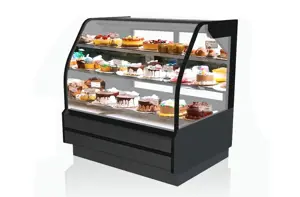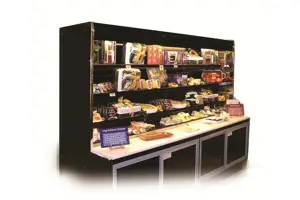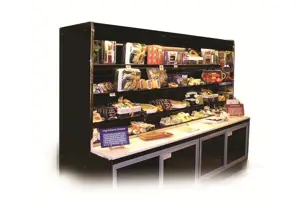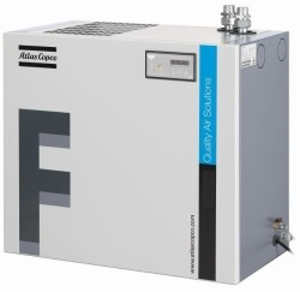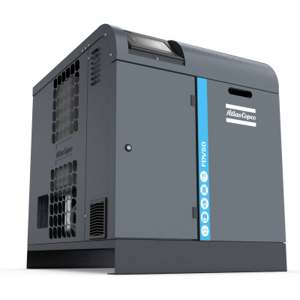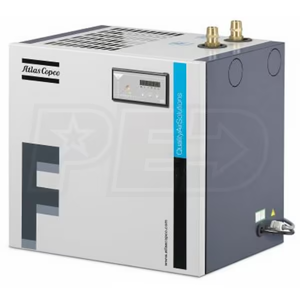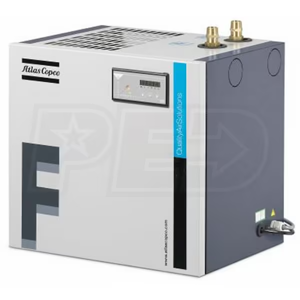The Trane CenTraVac™ Water-Cooled Chiller CVHF model, ranging from 1470 to 1720 tons, is designed for high-efficiency cooling in industrial applications. This robust chiller offers reliable performance and advanced features, making it an ideal choice for large-scale facilities seeking energy-efficient climate control solutions.
Turn manuals into instant answers
with your AI-powered assistantTurn manuals into instant answers
with your AI-powered assistant
Manual for Trane CenTraVac™ Water-Cooled Chiller CVHF - 1470-1720 - 1340 - 250E / 250L
Complete asset maintenance, one click away
Get instant access to all the maintenance information you need. Empower technicians to perform preventive maintenance with asset packages, ready to use right out of the box.
Documents & Manuals
Find all the essential guides in one place.
Tensioning Guide
Belt-diagram
C-120 pulleys
+ 13 more
Work Order Templates
Pre-built workflows to keep your asset running smoothly.
Daily Electrical System Inspection
Replace Roller and Pulley
Install Engine B-120
+ 29 more
Procedures
Integrate maintenance plans directly into your work orders.
Motion Industries
Applied Industrial Technologies
Electrical Brothers
+ 5 more
Parts
Access the parts list for your equipment in MaintainX.
Drive Motor
B2 Rollers
Tensioning System
+ 40 more
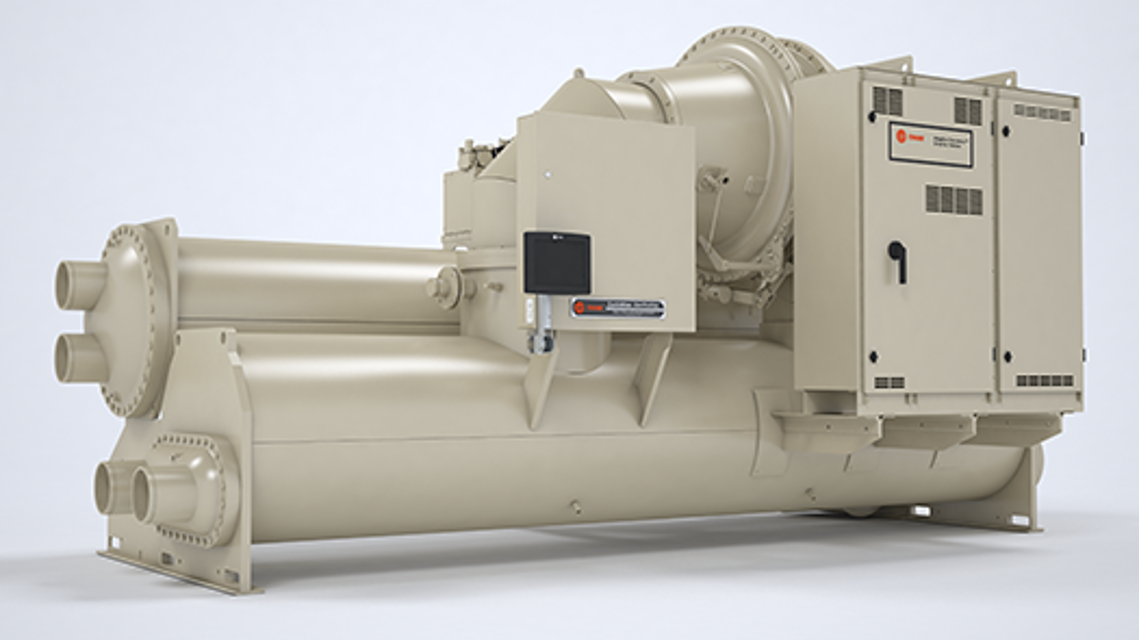
Trane CenTraVac™ Water-Cooled Chiller CVHF - 1470-1720 - 1340 - 250E / 250L
Create an account to install this asset package.
Maintenance Plans for Trane CenTraVac™ Water-Cooled Chiller Model CVHF - 1470-1720 - 1340 - 250E / 250L
Integrate maintenance plans directly into your work orders in MaintainX.
1 Yearly Condenser Cleaning
- Clean condenser tubes
NOTICE
Proper Water Treatment Required! The use of untreated or improperly treated water could result in scaling, erosion, corrosion, algae or slime
Use the services of a qualified water treatment specialist to determine what water treatment, if any, is required. Trane assumes no responsibility for equipment failures which result from untreated or improperly treated water, or saline or brackish water
Condenser tube fouling is indicated when the approach temperature (the difference between the condensing refrigerant temperature and the leaving condenser water temperature) is higher than predicted
If the annual condenser tube inspection indicates that the tubes are fouled, two cleaning methods— mechanical and chemical—can be used to rid the tubes of contaminants. Use the mechanical cleaning method to remove sludge and loose material from smooth-bore tubes
To clean other types of tubes including internally- enhanced types, consult a qualified service organization for recommendations
1. Follow all instructions in “Waterbox Removal and Installation,” to remove waterbox covers
2. Work a round nylon or brass bristled brush (attached to a rod) in and out of each of the condenser water tubes to loosen the sludge
1 Yearly Chiller Leak Test
- Shut down the chiller once each year to check the items for Leak Test Chiller
1. Check purge times and unit performance logs. If warranted, pressure leak test
2. Review oil analysis. If required, submit refrigerant sample for analysis
3. Inspect unit for any signs of refrigerant or oil leakage
4. Check unit for any loose screws on flange, volutes, or casing
WARNING
Explosion Hazard!
Failure to follow safe leak test procedures below could result in death or serious injury or equipment or property-only-damage
Never use an open flame to detect gas leaks. Use a leak test solution for leak testing
1 Yearly Starter/Adaptive Frequency Drive Inspection
- Shut down the chiller once each year to check the items of Starter or Adaptive FrequencyTM Drive
1. Inspect starter contacts
2. Check all connections per manufacturer specifications
3. Follow all manufacturer recommendations for starter or Adaptive FrequencyTM Drive (AFD) maintenance
4. Inspect/clean/service the AFD cooling system (water- or air-cooled AFD)
5. Record all applicable starter or starter component settings;
General Chiller Maintenance
- Check chiller for normal operation
1. Condenser pressure is dependent on condenser water temperature, and should equal the saturation pressure of the refrigerant at a temperature above that of leaving condenser water at full load
2. Normal pressure readings for ASME condenser exceed 12 psig (82.7 kPaG)
3. Oil tank pressure: -9 to -6 psig (-62.1 to -41.4 kPaG). Discharge oil pressure: 7 to 15 psig (48.3 to 103.4 KPaG)
4. Approximate Evaporator Pressure: 6 to 9 psia (41.4 to 62.1 kPaA) / -9 to -6 psig (-62.1 to -41.4 kPaG)
5. Approximate Condenser: Pressure(a) , (b) 17 to 27 psia (117.2 to 182.2 kPaA) / 2 to 12 psig (13.8 to 82.7 kPaG) (standard condenser)
6. Oil Sump Temperature Unit not running: 140°F to 176°F (60.0°C to 80.0°C)
7. Oil Sump Temperature Unit running: 95°F to 162ºF (35.0°C to 72.2°C)
8. Oil Sump Differential: Oil Pressure(c) 18 to 22 psid (124.1 to 151.7 PaD)
1 Yearly Condenser Inspection
- Shut down the chiller once each year to check the items of Condenser
1. Inspect for fouling and scaling in tubes
2. Check operation of condenser water flow sensing device
3. Factory recommendation to eddy current test tubes every three years;
Parts for Trane CenTraVac™ Water-Cooled Chiller CVHF - 1470-1720 - 1340 - 250E / 250L
Access the parts list for your equipment in MaintainX.
Safety Hoist Ring 1/2-13, CTV Unit
RNG01885
Evap Lifting Fixture, CTV Unit
BAR00400
Safety Hoist Ring 3/4-10, CTV Unit
RNG01884
Safety Hoist Ring 1/2-13, CTV Unit
RNG01885
Evap Lifting Fixture, CTV Unit
BAR00400
Safety Hoist Ring 3/4-10, CTV Unit
RNG01884
Safety Hoist Ring 1/2-13, CTV Unit
RNG01885
Evap Lifting Fixture, CTV Unit
BAR00400
Safety Hoist Ring 3/4-10, CTV Unit
RNG01884
Unlock efficiency
with MaintainX CoPilot
MaintainX CoPilot is your expert colleague, on call 24/7, helping your team find the answers they need to keep equipment running.
Reduce Unplanned Downtime
Ensure your team follows consistent procedures to minimize equipment failures and costly delays.
Maximize Asset Availability
Keep your assets running longer and more reliably, with standardized maintenance workflows from OEM manuals.
Lower Maintenance Costs
Turn any technician into an expert to streamline operations, maintain more assets, and reduce overall costs.
Thousands of companies manage their assets with MaintainX
